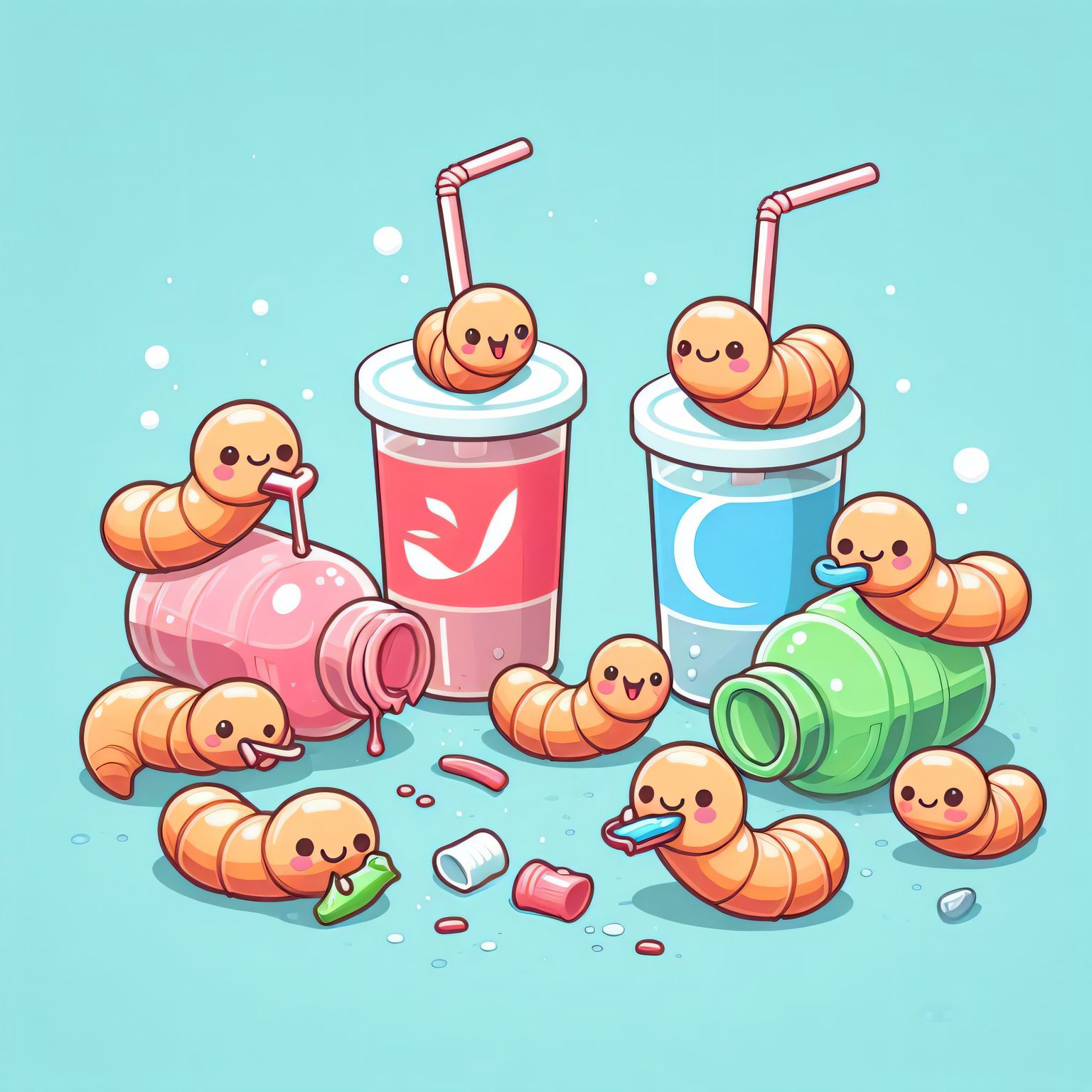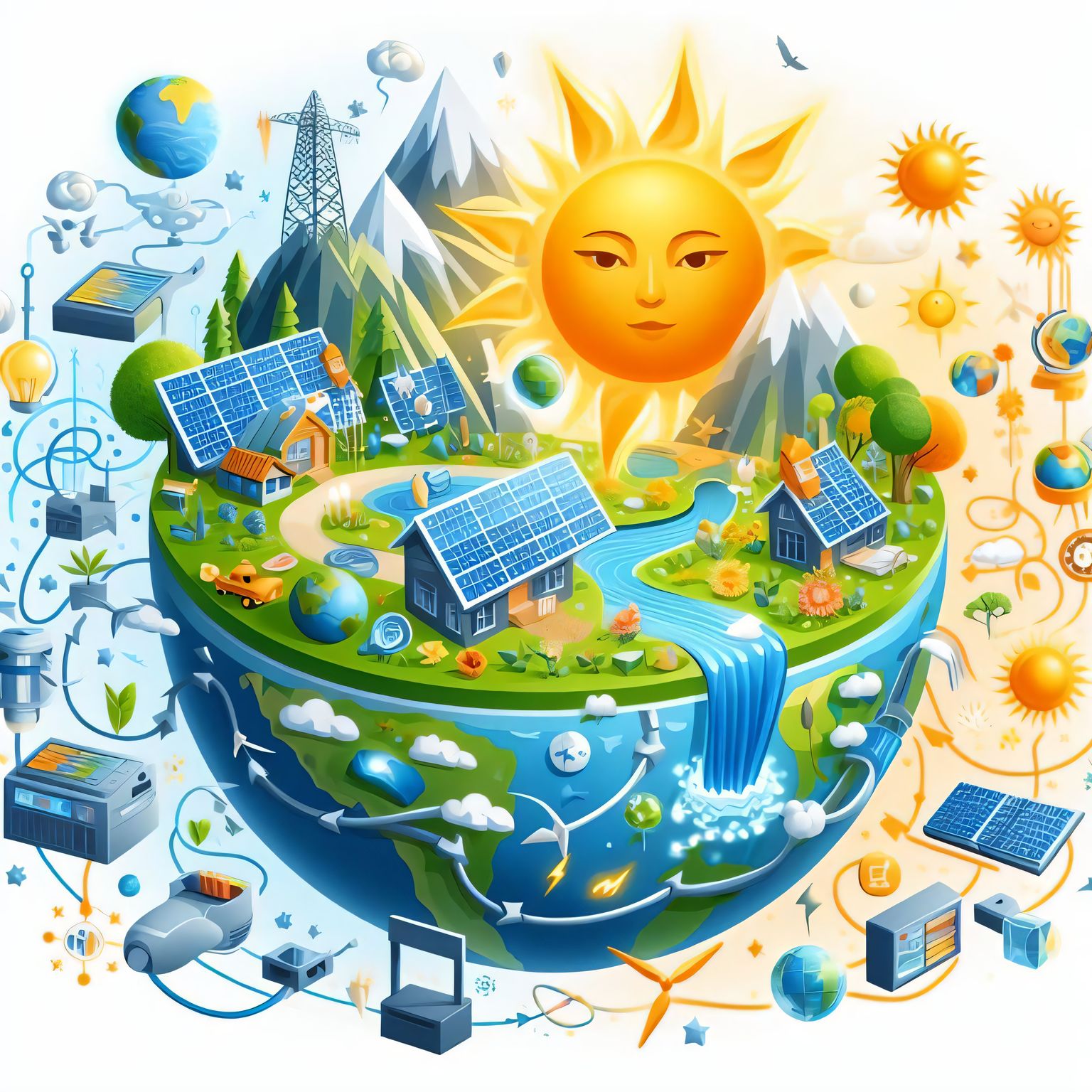Plastic waste management is a pressing environmental issue that we face today. However, a potential solution may lie in the tiny bellies of insects. From wax worms to superworms, these small creatures have shown an impressive ability to consume and biodegrade various types of plastics. This article explores the potential of using insect digestion as a natural and sustainable solution to combat the plastic crisis, unlocking the power of insects in our quest for a sustainable future
The Plastic Crisis: A Threat to Our Ecosystems
Plastics have become an integral part of our daily lives due to their convenience, versatility, and low cost. However, our reliance on them has led to a staggering amount of plastic waste, with over 300 million metric tons produced annually. The durability of plastics, which allows them to persist for up to 600 years, is causing severe damage to ecosystems worldwide. Unfortunately, only about 10% of this plastic waste is recycled.
The impact of plastic pollution extends to our oceans, where marine life often ingests plastic debris, mistaking it for food. Microplastics, tiny fragments of plastic, have even made their way into our food chain, posing potential health risks. With the production of plastics showing no signs of slowing down, it’s crucial to find sustainable solutions to this growing problem.
Insects: Nature’s Plastic Recyclers
In 2022 scientists discovered that wax worms could not only survive but thrive on a diet of polyethylene plastic, thanks to potent gut enzymes capable of digesting plastic. This discovery has led to further research on other insects, such as mealworms, superworms, and darkling beetles, revealing their impressive plastic-eating potential. Here’s why these tiny creatures could be key players in tackling plastic pollution:
- Insatiable Appetites: Insects like mealworms can consume significant amounts of plastic, up to 100 mg daily per larva. The consumed plastic is efficiently excreted as ethylene glycol, carbon dioxide, and microbial biomass, accelerating its breakdown.
- Powerful Microbiomes: The digestive and microbial enzymes in insects’ guts can break down the long polymer chains in plastics into smaller fragments or monomers. This unique ability allows insects to derive nutrients from unusual food sources like styrofoam or polyethylene.
- Scalability: Insects are inexpensive to cultivate in large numbers, making them a viable solution for tackling plastic pollution on an industrial scale. Their larvae, which consume the most during growth phases, require minimal space or food during the pupal stage.
- Local Waste Management: Smaller, decentralized insect facilities could target local plastic waste, reducing waste transportation costs and energy for industries and municipalities. The by-products of insect digestion could be repurposed for various biochemical and manufacturing processes, promoting a circular economy.
Towards a Plastic-Free Future with Insects
While still in its early stages, research into how insects process waste plastics is deepening our understanding of this potential solution. As we identify more plastic-eating insects and gut microbes, optimize feeding mechanisms, and scale up rearing systems, insect-based plastic remediation could become a viable waste management solution. Collaborations with biotechnology firms could further accelerate its adoption in urban areas.
Harnessing the power of insect digestion could significantly reduce plastic pollution while creating economic opportunities. If implemented correctly, this approach could pave the way for healthier environments for future generations. Embracing the potential of these tiny heroes could be a significant step towards a sustainable, plastic-free future.



